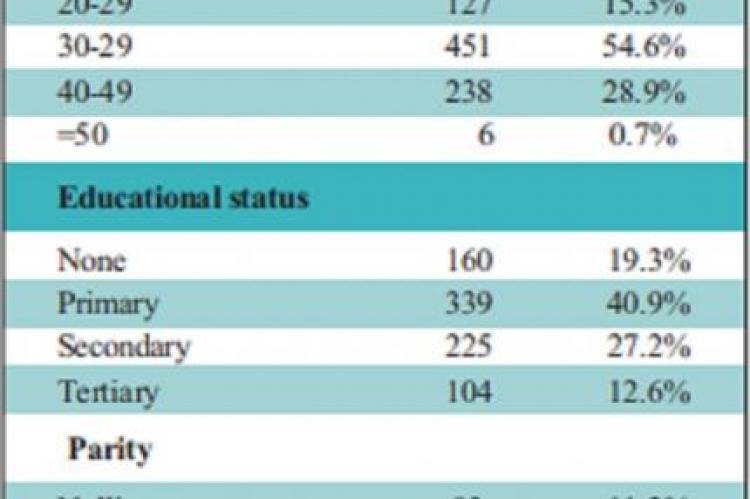Background: Awareness and practice of modern family planning methods are generally low in Nigeria despite the fact that her maternal mortality and total fertility rates rank among the highest in the world. Objective: To review the pattern of contraceptive acceptance among clients attending Family Planning Clinics (FPCs) in two centres in Enugu, southeast Nigeria. Materials and Methods: This was a retrospective observational study. The records of FPC attendees from the two centres were reviewed and their biosocial data, the period of attendance as well as the contraceptive uptake of each client were studied. Results: During the period, 6125 clients visited the FPC of the UNTH, Enugu.Of these, 828 (13.5%) were new clients. More than two-thirds (70.7%) accepted to use intrauterine contraceptive device (IUCD), 23.3.% accepted injectables while 2.9% and 1.8% chose norplant and oral pills respectively and 1.3% accepted bilateral tubal ligation (BTL). At the PHC, Abakpa-Nike, new clients were 39 (11.5%) out of a total of 340 that visited the clinic. Injectable contraceptive was the commonest accepted method contributing 64.1%, followed by IUCD (28.2%) and oral pills (7.7%). Norplant and BTL were not available at the centre. Conclusion: Contraceptive uptake in the two centres was low. Measures to improve contraceptive acceptance and prevalence among women in the areas as well as strategies to meet the contraceptive choice of clients were discussed.
View:
- PDF (349.66 KB)


